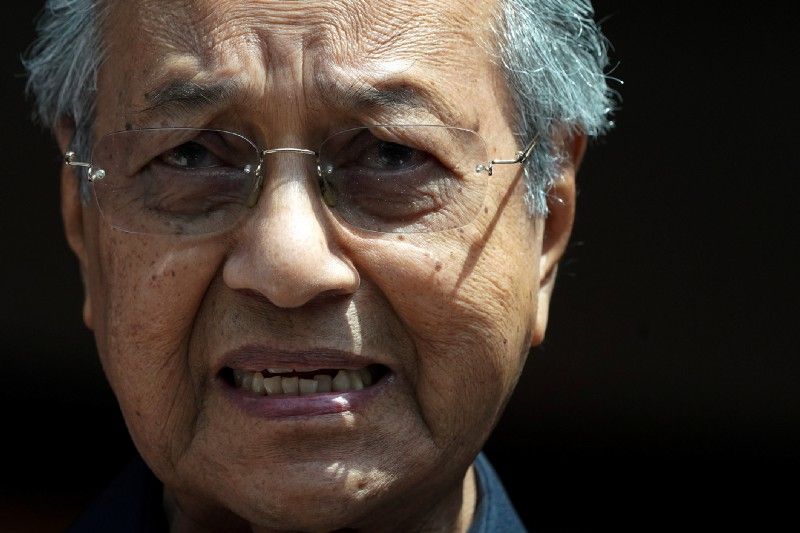May 18, 2018
Malaysia’s former Prime Minister Najib Razak had good reason to pull out all the stops in his bid to skew last weekend’s election in his favor. While in power, he was able to squelch efforts to probe his alleged involvement with a multi-billion dollar corruption scheme. But now that he’s out of power, he’s in big trouble.
Malaysia’s old-but-new-but-pretty-old Prime Minister Mahathir Mohamad, who led the opposition to victory last Sunday, has banned Najib and his wife from leaving the country, fired the country’s attorney general, and accepted the resignation of the chairman of its anti-corruption commission. Mahathir, who ran Malaysia with a notoriously strong hand from 1981 to 2003, has pledged to hold Najib to account.
But if Najib’s plight mirrors those of other democratic leaders whose fall from power has meant a reckoning with justice — South Africa’s Jacob Zuma comes to mind — Mahathir’s pledge to clean things up raises a question common to all new leaders who plan anti-corruption drives: Corruption on this scale isn’t possible without the cooperation, active or passive, of other powerful officials and legions of bureaucrats — but how do you root out graft without crippling or alienating precisely the officials and institutions whose support you need in order to govern effectively?
More For You
- YouTube
It's one of the few sources Americans across the political spectrum still rely on.
Most Popular
Think you know what's going on around the world? Here's your chance to prove it.
America’s new National Security Strategy confirms what Europeans have feared for months: Washington now sees a strong, unified European Union as a problem to be solved, not an ally to be supported.
Sports inspire greatness, determination, and resilience — both on and off the field. Bank of America is proud to celebrate the achievements of and uplift communities through the power of sports. Learn more about how Bank of America supports athletes in life and in the game.
© 2025 GZERO Media. All Rights Reserved | A Eurasia Group media company.
